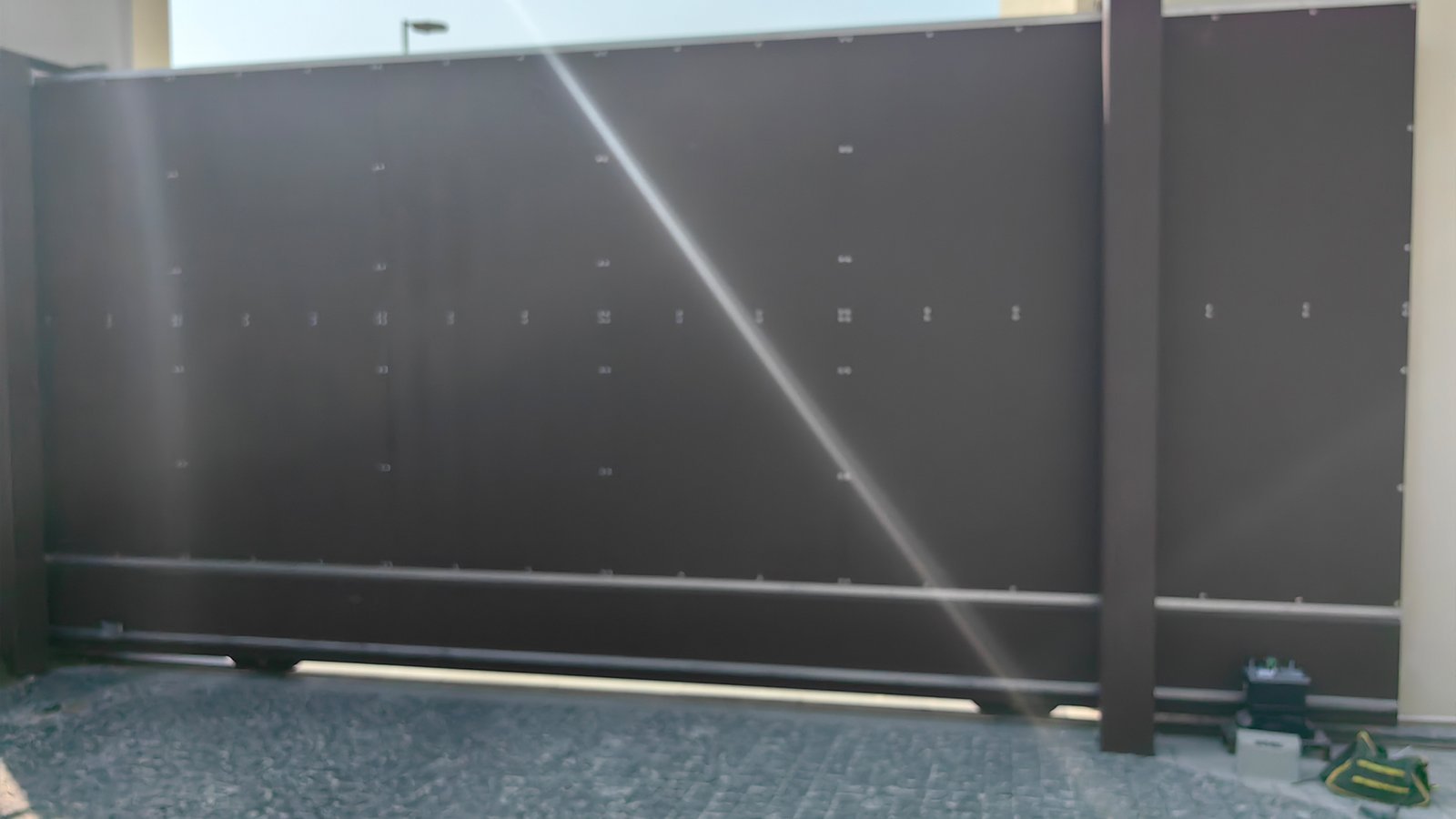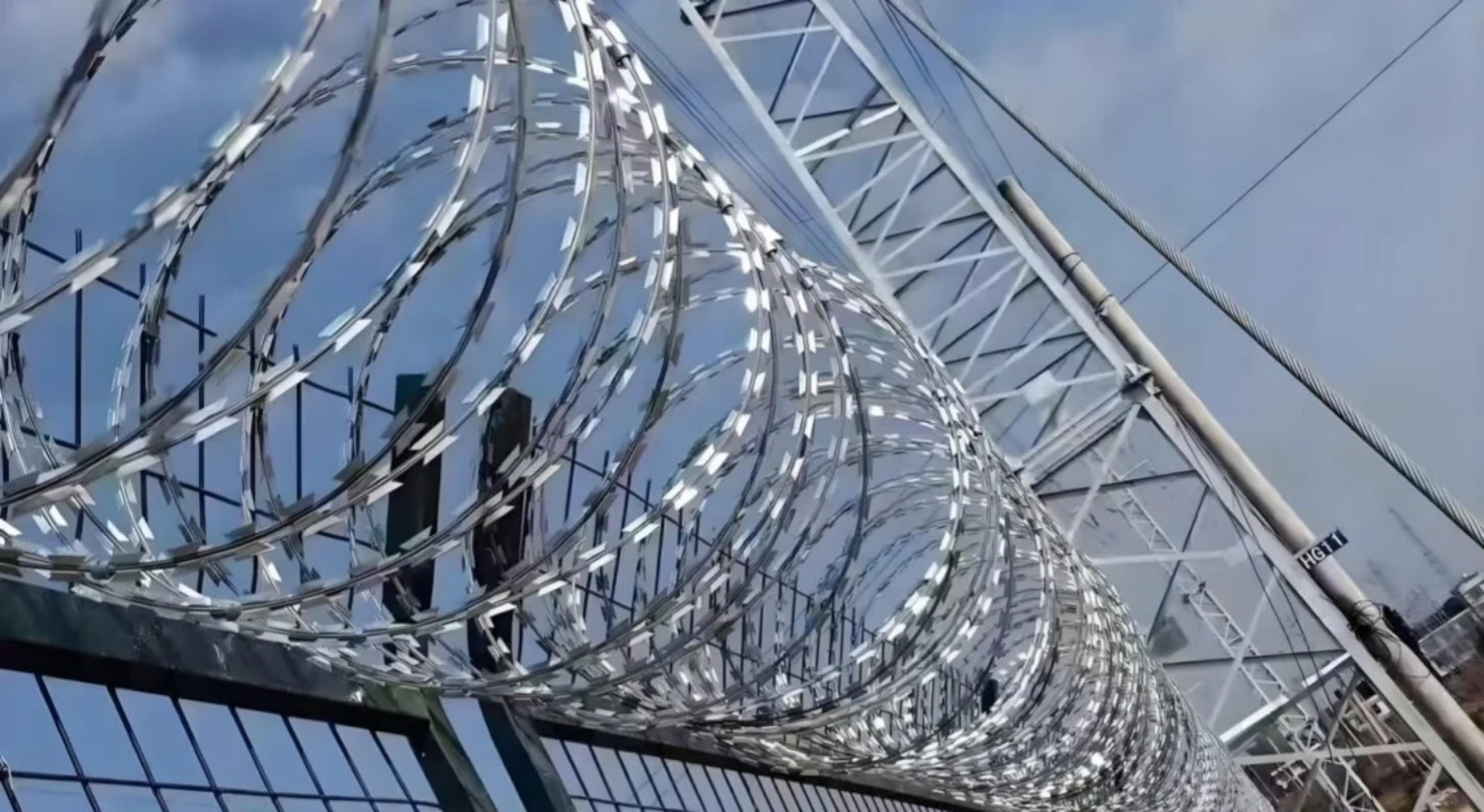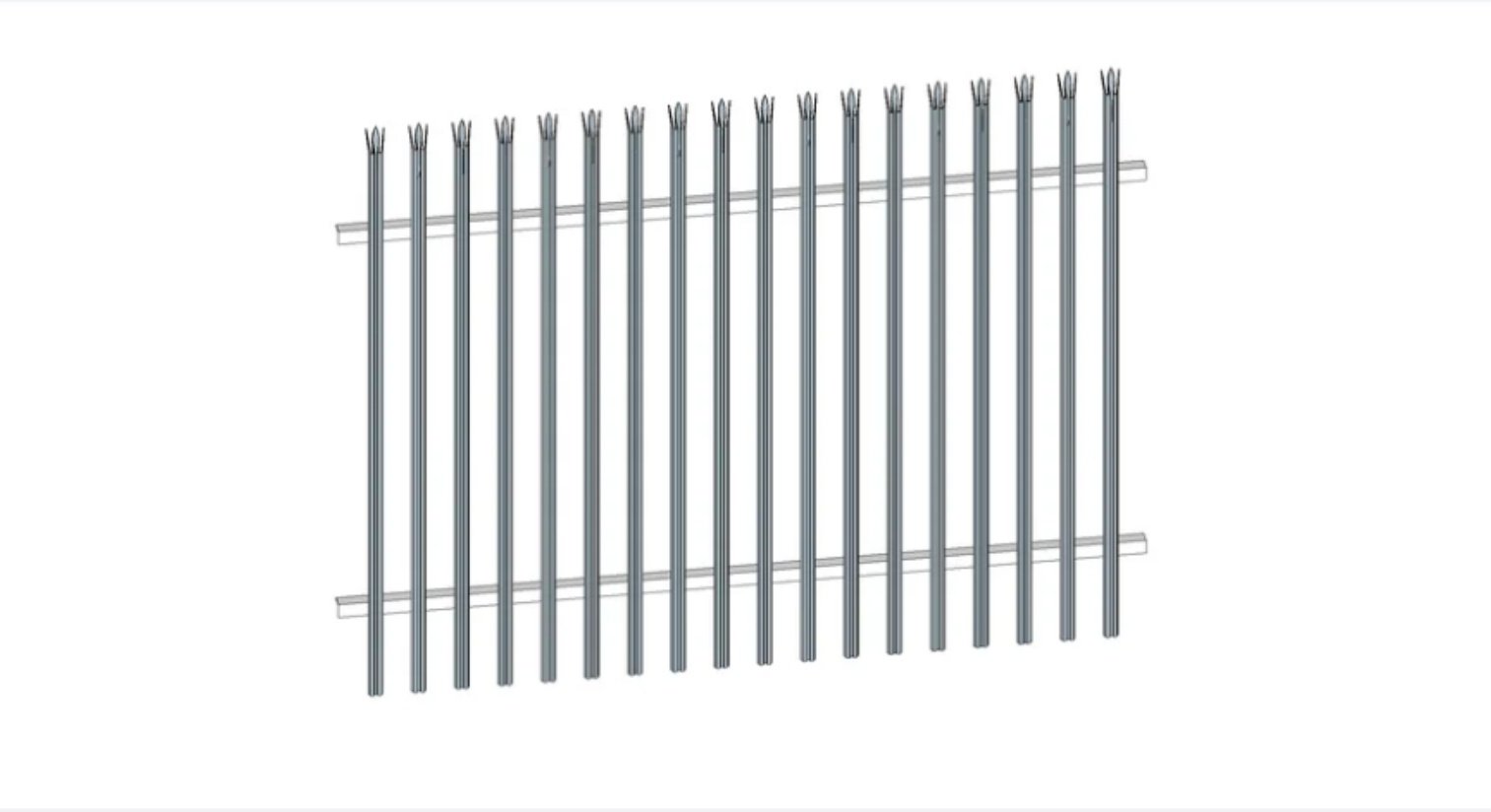Table of Contents
ToggleUnderstanding the Importance of Privacy Fencing
Privacy fencing serves a crucial role in both residential and commercial properties, as it creates a barrier that enhances security and personal space. Many homeowners choose metal fencing solutions specifically for their durability and effectiveness in safeguarding private areas. Unlike traditional wood fences that may deteriorate over time, metal options such as aluminum or steel provide long-lasting security, which is highly valued in today’s society.
In addition to improved security, privacy fencing significantly contributes to noise reduction. In urban environments where sound pollution can be an issue, a well-constructed metal fence can act as a sound barrier, diminishing the impact of external noise from streets and neighboring properties. This characteristic not only enhances comfort but also allows residents and business owners alike to enjoy their spaces without the distracting hum of everyday traffic.
Aesthetic appeal is another significant reason homeowners and commercial property managers opt for privacy fencing. Metal fences are available in various designs and finishes, allowing for customization that suits individual tastes and harmonizes with existing architectural styles. The sleek look of metal can enhance the overall appearance of a property while still providing the privacy that owners desire.
Moreover, privacy fencing fosters a sense of security and personal space. Whether it is a residential backyard where families gather or a commercial patio where guests dine, establishing clear boundaries enhances comfort levels. People are more likely to engage in outdoor activities and recreational pursuits when they feel shielded from passersby and prying eyes, ultimately promoting a more enjoyable environment.
In summary, the importance of privacy fencing cannot be overstated. It offers numerous benefits, including enhanced security, noise reduction, and aesthetic appeal, while contributing to a sense of comfort and personal space. As such, metal fencing solutions should be seriously considered by anyone looking to improve their property’s privacy and overall quality.
Types of Metal Fencing Options for Privacy
When considering metal fencing for privacy, several materials stand out due to their unique characteristics and functionalities. Among the most prominent options are aluminum, wrought iron, and steel. Each of these materials has its own advantages and features that make them suitable for creating a secure and private environment.
Aluminum fencing is a lightweight yet durable option, renowned for its resistance to rust and corrosion. Its non-ferrous nature allows it to withstand harsh weather conditions, making it an excellent choice for those seeking longevity without the burden of maintenance. Privacy can be enhanced by choosing styles that incorporate solid panels or slats, providing a seamless barrier. Additionally, the versatility of aluminum allows for various color finishes, ensuring aesthetic appeal while maintaining privacy.
Wrought iron, known for its strength and timeless appeal, offers another option for privacy fencing. This material is highly customizable, facilitating intricate designs that can complement a variety of architectural styles. Wrought iron fences typically include taller configurations with infill panels that can be adjusted to improve privacy further. However, it is important to note that wrought iron may require periodic upkeep to prevent rust, especially in moisture-prone areas.
Steel fencing stands as one of the most robust choices available, often employed in commercial settings where security and privacy are paramount. Galvanized steel or powder-coated steel options are particularly advantageous, as they provide long-lasting protection against the elements. Privacy can be maximized through solid-panel fencing designs, which effectively block visibility and enhance security. Steel fencing is available in various styles, enabling homeowners to choose options that suit their preferences while achieving the desired level of seclusion.
In summary, each type of metal fencing offers distinct advantages in terms of privacy, durability, and aesthetic appeal. By considering materials such as aluminum, wrought iron, and steel, homeowners can select the fencing option that best suits their needs for privacy and security.
Key Features to Consider When Choosing Metal Privacy Fencing
When selecting metal privacy fencing, homeowners must evaluate several critical factors to ensure the installation meets both functional and aesthetic goals. One of the foremost considerations is the height of the fence. Local regulations often dictate minimum and maximum height requirements for fencing, particularly in residential areas. This can impact privacy levels and the overall effectiveness of the fence in shielding your property from neighbors and street visibility.
Another important aspect to consider is the design options available. Metal fencing comes in various styles, including wrought iron, aluminum, and chain link with privacy slats. The choice of design influences not only privacy but also contributes to the overall look of the property. Homeowners should select a style that complements their existing architecture and landscape while balancing performance with visual appeal.
Maintenance needs also play a vital role in the selection process. Different types of metals have varying resistance to corrosion and rust. For instance, galvanized steel and aluminum offer more durability with less frequent maintenance, while wrought iron, although aesthetically appealing, may require regular painting and maintenance to prevent rust buildup. Understanding the upkeep required for each type is essential in making an informed decision that aligns with one’s lifestyle.
Installation considerations should not be overlooked either. Metal fences can often be heavier and more challenging to install compared to other materials, demanding expertise and proper tools. Homeowners will need to assess whether to undertake a DIY approach or hire professional services to ensure the job meets safety standards. Furthermore, checking local zoning regulations and homeowners association rules is crucial as these can significantly influence fencing choices and ensure compliance with community standards.
Overall, by carefully weighing these factors—height, design, maintenance, and installation—homeowners can select the most suitable metal privacy fencing for their needs while enhancing both the functionality and aesthetics of their property.
Comparing the Best Metal Fencing Products for Privacy
When selecting a metal fence for privacy purposes, the options available can be overwhelming. However, several products stand out due to their quality, durability, and design features. Below is a comparison of some of the best metal fencing options that excel in providing privacy while accommodating various budgets and preferences.
The first product worthy of mention is the Aluminum Privacy Fence. Known for its lightweight yet sturdy structure, this option typically ranges from $50 to $100 per linear foot. It is resistant to rust and comes in various colors, offering aesthetic flexibility. The major benefit of aluminum fencing is its low maintenance requirement. However, it may not provide the same level of noise reduction as heavier alternatives.
Next up is the Steel Privacy Fence, which is often considered one of the most secure options available. Priced between $70 and $120 per linear foot, steel fencing is exceptionally durable and can withstand harsh weather conditions. The primary advantage of steel fencing lies in its resilience. Conversely, it is heavier and may require professional installation, which can add to the expenses.
Another noteworthy mention is the Wrought Iron Privacy Fence. While traditionally recognized for its artistic design, modern wrought iron options also prioritize privacy. Prices generally range from $60 to $140 per linear foot. Its strength and classic aesthetic make it a popular choice among homeowners; however, wrought iron may require more maintenance to prevent rust and corrosion.
Lastly, for those on a tighter budget, Chain Link Fencing with privacy slats should not be overlooked. It can cost around $30 to $60 per linear foot. Although it is less aesthetically pleasing than other options, adding slats effectively enhances privacy. The drawback, however, is its less robust nature compared to metal counterparts like steel and wrought iron.
Ultimately, the choice of metal fencing for privacy should align with individual needs, aesthetic preferences, and budget considerations. Each product has its own set of benefits and drawbacks, making it crucial to assess which option meets your requirements the best.






